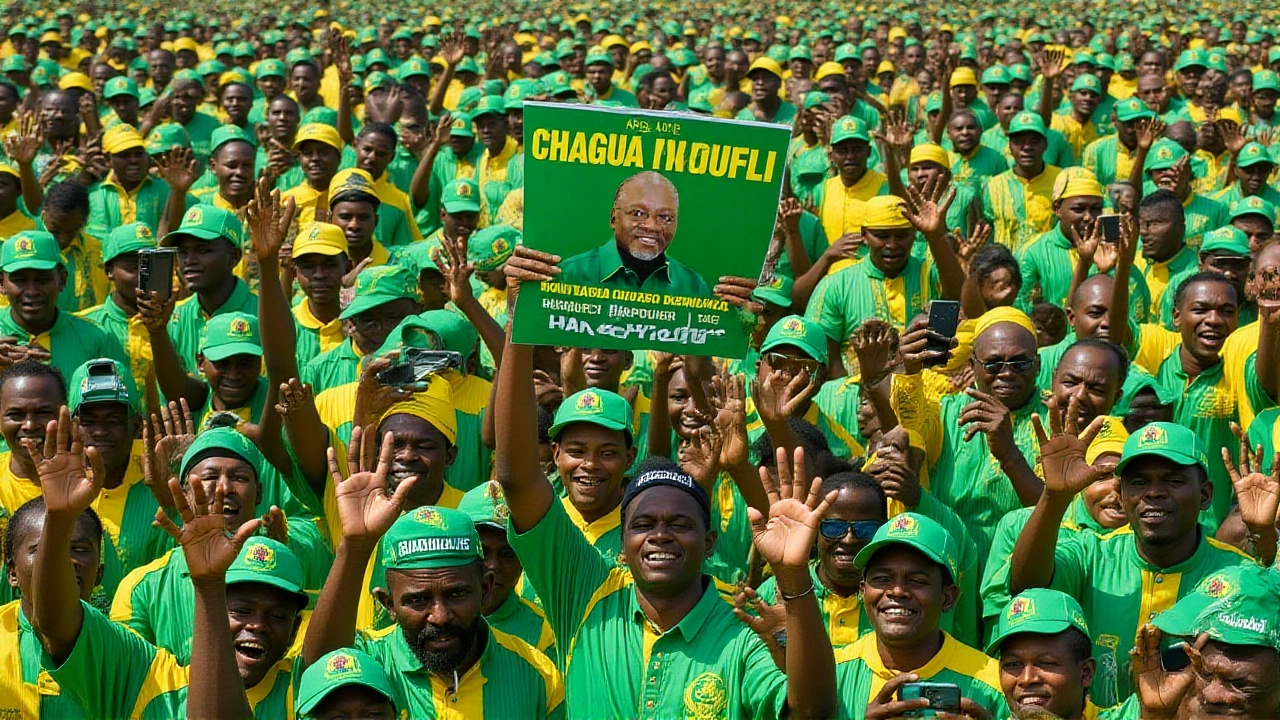National Electoral Commission: How Africa's Election Bodies Shape Democracy
When you think of a National Electoral Commission, an independent government body responsible for organizing, overseeing, and certifying elections in a country. Also known as Electoral Management Body, it’s the backbone of any credible democracy—especially in Africa, where trust in voting systems can make or break a nation’s future. These commissions don’t just count ballots. They handle voter registration, train poll workers, manage polling stations, respond to fraud claims, and publish official results. In countries like Nigeria, Ghana, and South Africa, their decisions ripple through politics, protests, and peace.
But not all commissions are the same. Some, like South Africa’s Independent Electoral Commission (IEC), have earned global respect for transparency and tech-driven voter rolls. Others, like those in countries where election results have been overturned by courts, struggle with political interference. In 2023, Ghana’s Electoral Commission faced intense scrutiny after a close presidential race—but its public recount process kept the peace. Meanwhile, Nigeria’s Independent National Electoral Commission (INEC) has spent years digitizing voter data after years of ballot stuffing. These aren’t just administrative tasks. They’re acts of nation-building.
What makes a National Electoral Commission effective? It needs independence from the ruling party, enough funding to reach rural areas, and the courage to punish fraud—even when it involves powerful people. In 2025, a court in Pretoria dismissed a senior police official’s appeal after he was suspended for tampering with voter data. That case wasn’t about police work—it was about the integrity of the electoral system. And that’s where the National Electoral Commission comes in: it’s the last line of defense when politicians try to cheat.
You’ll find stories here about how these bodies operate under pressure. From Ghana’s Black Stars qualifying for the World Cup while their electoral commission faced legal challenges, to Nigeria’s fight against fake certificates that could also be used to register voters illegally, the threads are connected. When a country’s election body is weak, everything else wobbles—justice, development, even sports governance. These posts don’t just report on elections. They show how the National Electoral Commission shapes the rules of the game—for politics, for power, and for the people.

Tanzania’s President Samia Suluhu Hassan Wins 97.66% of Vote in Controversial 2025 Election
President Samia Suluhu Hassan won 97.66% of votes in Tanzania’s 2025 election, the highest in modern history, but opposition leaders and observers cite suppressed campaigning and unfair conditions, raising questions about the true state of democracy.
Categories
- Sports (146)
- Politics (22)
- Entertainment (20)
- World (15)
- News (10)
- Lifestyle (8)
- Business (6)
- Technology (3)
- Health (3)
- Environment (2)



